 By Rabbi Yair Hoffman for the Five Towns Jewish Times
By Rabbi Yair Hoffman for the Five Towns Jewish Times
This article examines whether or not there exists a halachic obligation to speak up regarding political issues that may be regarded as dangerous or life-threatening in scope.
Many experts have argued that the Iran Nuclear Deal as it has been currently negotiated endangers both the United States and the Jews of Eretz Yisroel by (1) enabling Iran to cheat by preventing anytime, anywhere inspections; (2) containing a vast number of loopholes such as allowing Iran to continue developing and to build intercontinental ballistic missiles; and (3) puts Iran within two months of a nuclear weapon after 10 years. They further state (4) that after key provisions of the deal expire in as little as 10 years, Iran will be within weeks of developing nuclear weapons.
Assuming this supposition is correct, the question dealt with here, however, is whether there exists a halachic obligation to reach out to our senators to voice our concerns in an attempt to urge them to override a presidential veto on the impending deal.
The two senators in New York are Gillibrand – who voted for the Iran deal and Schumer who voted against it but seems to be dithering as to whether or not to go full steam ahead in lobbying other senators to override the president’s veto.
If there is such an obligation for us to lobby our senators, what is the source? One logical origin of this obligation may be from the obligation to participate in the voting process.
VOTING IN HALACHA
Rav Moshe Feinstein zt”l discusses the obligation to vote in an English letter, and finds the source of such an obligation in the notion of Hakaras HaTov – expressing our gratitude. In 1984 the Jewish Community Relations Council of New York was conducting a voter registration campaign. Rav Moshe Feinstein was approached and responded that, in fact, Jews should vote. Subsequently, a letter was released signed by Rav Feinstein delineating the obligation to vote. The letter stated:
“On reaching the shores of the United States, Jews found a safe haven. The rights guaranteed by the United States Constitution and the Bill of Rights have allowed us the freedom to practice our religion without interference and to live in this republic in safety.
A fundamental principle of Judaism is hakaras hatov — recognizing benefits afforded us and giving expression to our appreciation. Therefore, it is incumbent on each Jewish citizen to participate in the democratic system which guards the freedoms we enjoy. The most fundamental responsibility incumbent on each individual is to register and to vote.
Therefore, I urge all members of the Jewish community to fulfill their obligations by registering as soon as possible, and by voting. By this, we can express our appreciation and contribute to the continued security of our community.”
On the other hand, the Steipler Gaon zt”l seems to view the obligation of voting as a means of fulfilling the need to rectify an urgent matter. Indeed, he is cited in Orchos Rabbeinu p. 141 in Cheshvan of 5726, as even having permitted a mourner within the seven days of mourning to vote when the need to vote is urgent.
The Slonimer Rebbe zt”l and others (See Bais Yaakov Yerichon L’Inyanei Chinuch 027-028 p. 30) write that the obligation to vote stems from the obligation to respect the view of Gedolei Torah. The Vishnitzer Rebbe writes that the obligation to vote in Israel stems from the obligation to strengthen Torah (Michtevei Kodesh #238).
Following the lead of Rav Feinstein, by the way, it would certainly be proper to express our Hakaras HaTov when warranted to those politicians who rose to the challenge and voiced their opposition to an agreement that one would find dangerous.
BEYOND VOTING
According to Rav Feinstein’s view, where the obligation to merely extends from an obligation of Hakaras HaTov, there may not necessarily be an obligation upon the average citizen to lobby citizens. Similarly, unless the leading sages of Israel make the request to lobby senators, according to the view of the Slonimer Rebbe zt”l there would also not be an obligation incumbent upon the masses to lobby senators to override a presidential veto.
According to the view of the Vishnitzer Rebbe and the Steipler, however, it would seem that lobbying senators would be warranted. These Rabbonim seem to approach the actions of a large number of people as having efficacy in terms of being proper hishtadlus (effort).
DISAGREEING WITH THE PRESIDENT
There is also a concept in Halacha known as Mored b’Malchus – rebelling against the authority of the king. In a monarchy, what would be the Halacha of attempting to undermine the policy of the king? Does this apply in any manner to disagreeing with the policies of a democratically elected president? In general, what is the Torah view of democratic governments?
An examination of how Poskim view things reveals that in a monarchy – undermining the will of the temporal power in a rebellious manner would be forbidden (See Aruch haShulchan CM 1:26). This probably would not apply if one’s life were at stake, however as it is not one of the three things that we must give our life over (See Sanhedrin 74a).
A democracy, however, is structured quite differently than a monarchy, and is representative of the view of the people. Particularly in a government structured with a built-in balance of power, it would seem that there is no such prohibition in a democracy – if one is not violating the law by one’s actions. Although some people have questioned the legitimacy of democracies, the Netziv in his He’Emek She’ailah brings support to it from Dvarim (17:14).
OBLIGATION OF RESCUE
There is another concept called found in Vayikra (19:16) which states, “lo saamod al dam rayacha – do not stand idly by your brother’s blood.”
It is quite feasible that, if there is a chance of it being effective, this verse would obligate us to lobby our senators.
How far might this obligation go?
A few weeks ago, Dov Hikind took it upon himself to get arrested in protest of the Iran deal. The matter is intriguing, because Rav Yoseph Karo, in his Bais Yoseph commentary (CM 426) on the Tur quotes the Talmud Yerushalmi (Trumos 8:4) that requires us to endanger our lives to save others.
Shockingly, as the SMA points out, Rav Karo does not cite this view in his actual Shulchan Aruch. The SMA explains that Rav Karo changed his mind and did not cite the Yerushalmi because the three major Rishonic codifiers (Rif, Rambam, and Rosh) do not cite the Yerushalmi.
It could very well be that Dov Hikind was ruling in accordance with the Yerushalmi. Rav Eliezer Yehudah Waldenburg (Tzitz Eliezer Vol. IX #45) explains that the Bavli seems to have rejected the Yerushalmi (See also Pischei Teshuvah 426:2). Many Achronim (see for example Maharam Shick YD #155) seem to learn that the Gemorah in Bava Metziah (62a) regarding the debate between Ben Petura and Rabbi Akiva about two people in the desert where one has enough water only for one of the them to survive shows that the Bavli argues with the Yerushalmi. Rabbi Akiva states that v’chai bahem teaches us that one’s own life has precedence over the others. The Maharam Shick explains that Ben Petura’s opinion is that of the rejected Yerushalmi. The Mishnah Brurah (329:19), the font of normative halachic practice, rules that, although meritorious, one is not required to risk one’s own life to save that of another.
In conclusion, there is a well known Halachic debate between the Rambam and the Ramban as to the nature of the obligation of prayer. The Rambam holds that the obligation to pray is biblical; the Ramban holds that it is Rabbinic, however, during an ais tzarah – a time of pain and stress it is certainly biblical. Regardless of the obligation of lobbying, it is certainly a Biblical obligation, even according to the Ramban, to reach out to Hashem for mercy upon us and to pray for His Divine protection.
The author can be reached at [email protected]

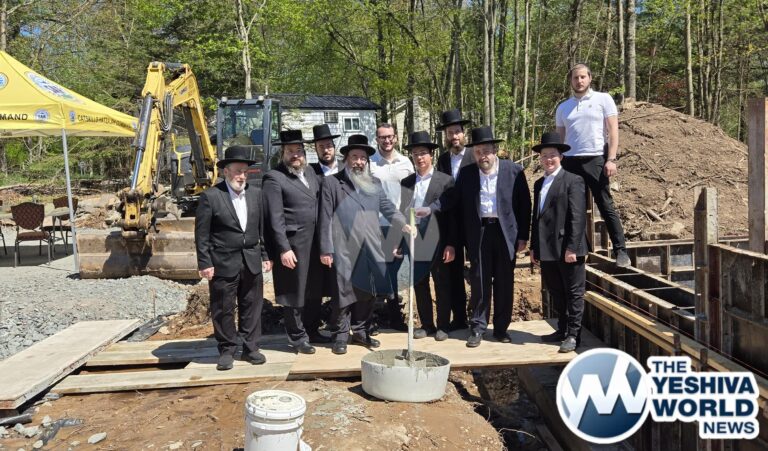
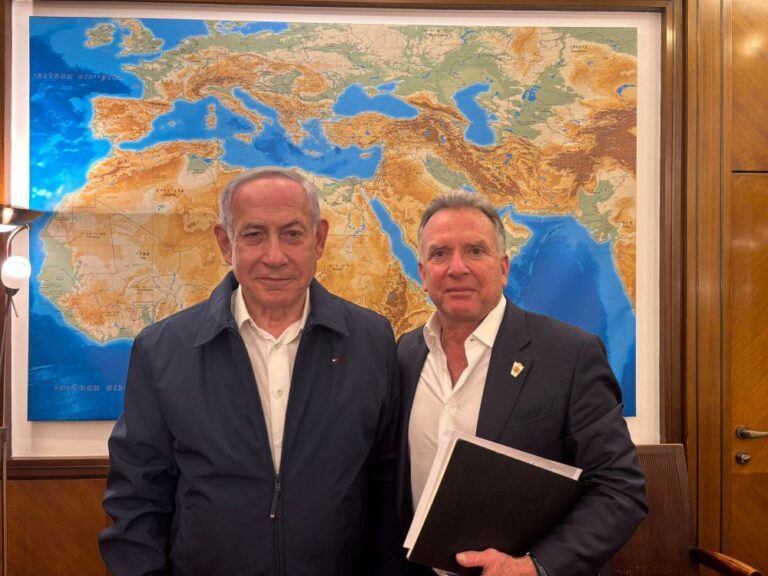


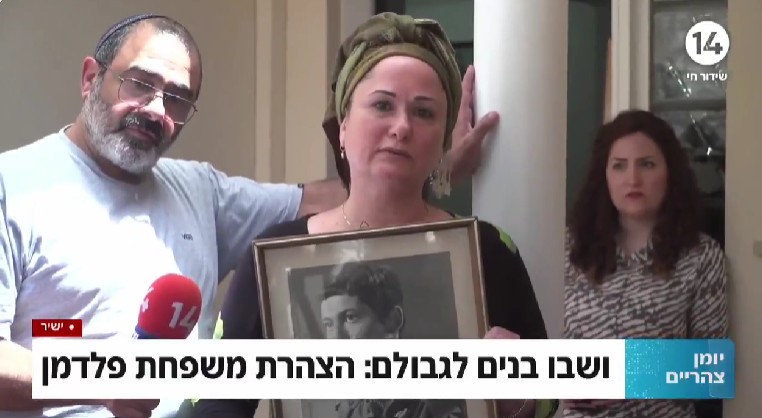

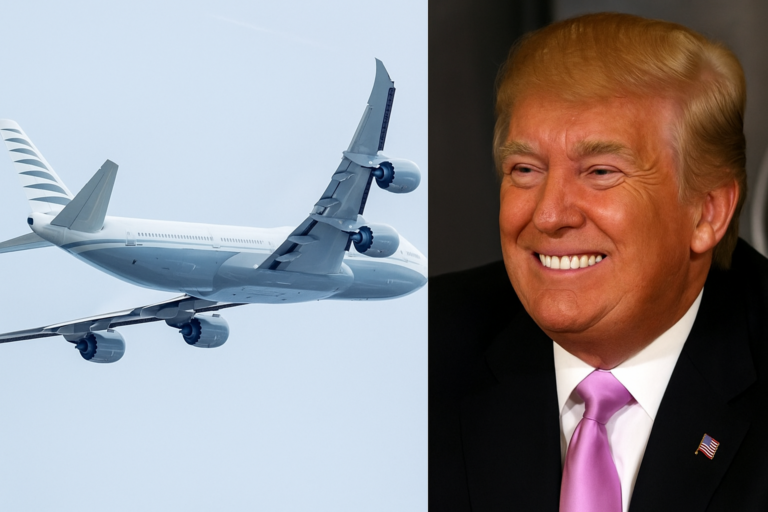
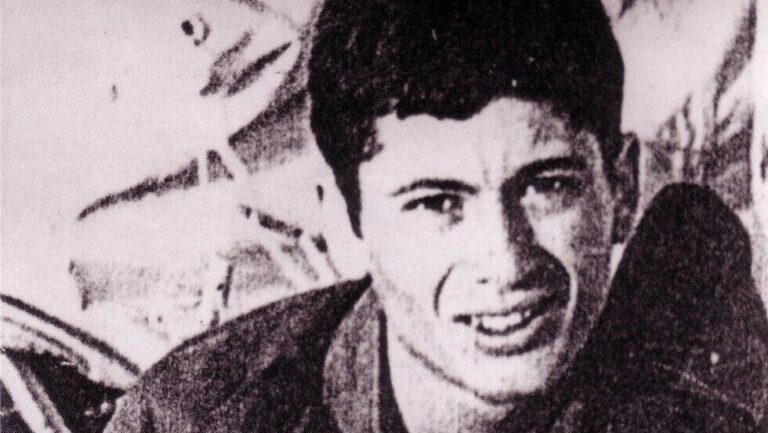
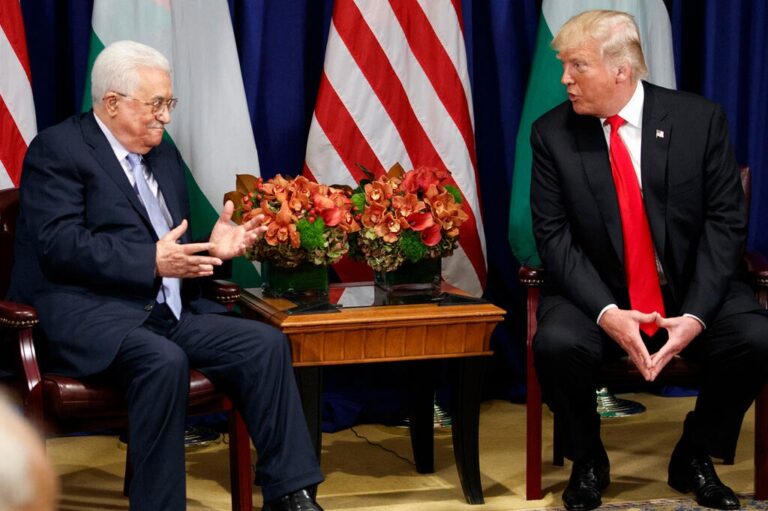
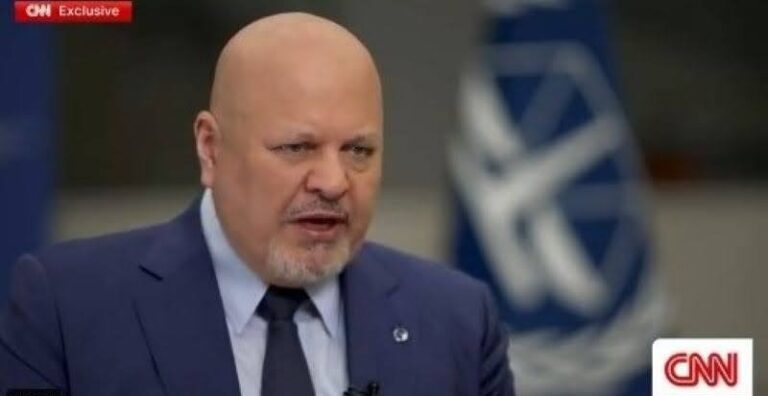
7 Responses
Just a couple of points here. No members of congress have actually voted for anything yet. Some have voiced their support for the deal and some have voiced their opposition while the remaining ones have not voiced either support or opposition. The actual votes in the respective houses of congress have not happened and will not happen until September. Essentially, this means that none of the voices in congress are set in stone. Theoretically, Senator Gillibrand can switch to opposing the deal and Schumer can theoretically switch to support. I am not saying that anyone switching their decisions is likely by any means. It isn’t. However, it may be worthwhile to lobby even the supporters of the deal such as Gillibrand, especially considering the waning support for the deal among the general population.
Something else that must be pointed out is that it is relatively clear to most people that Schumer, while opposing the deal, does not seem willing to fight against the deal. He has stressed in phone calls to fellow congressmen that he will not be whipping opposition to the deal. There are only two possible reasons for this: 1) He is scared of the repercussions from the Obama administration or, more likely 2) he doesn’t really want the deal to be rejected but is aware that there would be serious blow-back from his voters, especially Jews, if he were to vote in support of the deal. In either of these cases, it should be made clear to him and/or any congressman one can influence, that our continued support for the congressman is contingent on him/her making it their business to get this deal rejected. We should not accept a simple vote of rejection, especially from Senators like Schumer who wield serious power in Congress. If it were an issue that Schumer or anyone truly cared about, you can be sure they would be lobbying anyone and everyone in congress to support them.
“Assuming this supposition is correct”
Yair: You can’t make halachic analysis’ or determinations based on a supposition.
You can’t make a “halachic analysis” of a political agreement the details of which are not known.
If the agreement results in a nuclear war in the Middle East, we definitely should oppose it, BUT what if the result is that Israel receives minimal damage – a nuclear rocket explodes over the West Bank and the Israeli response destroys Iran and intimidates the Arabs into a peace treaty.
If the agreement delays Iran’s nuclear capacity long enough for the war to end for some other reason, it will be perceived of as brilliant, and we should support it. Ten or 15 years is a long time.
While perhaps some people know the future, one can’t base a halachic ruling on something that hasn’t happened yet.
If you believe that the agreement will result in a nuclear war that will devastate, among other things, Eretz Yisrael – you can then argue that by halacha it should be opposed. But there are plenty of “ifs” involved.
Question 1: Why do you assume the Vizhnitzer Rebbe in Israel would hold the same way in America when “strengthening the Torah” is not the issue here?
Question 2: How did Hikind risk his life when he was just protesting?
@3 A nuclear explosion over the West Bank would cause massive damage to Israel, even a small nuke would vaporize everything in a one mile radius and severe damage within 2-3 miles (not including potential EMP damage in a much higher radius)
#3 any nuclear attack would completely destroy tiny Israel. Today’s nuclear weapons technology is MUCH more destructive than that of the 1950s. Besides, have you never heard of “nuclear fallout”? You don’t need to be in the blast radius to be affected. The facts and the history all show that there is zero merit to the Obama Administration’s claims that seek to minimize the potential harms of this world-ending deal.
#3 The billions in “windfall” to the mullahs all but
guarantees additional terrorist support to Israel’s
neighbors endangering every Jew, not only in Israel but worldwide.